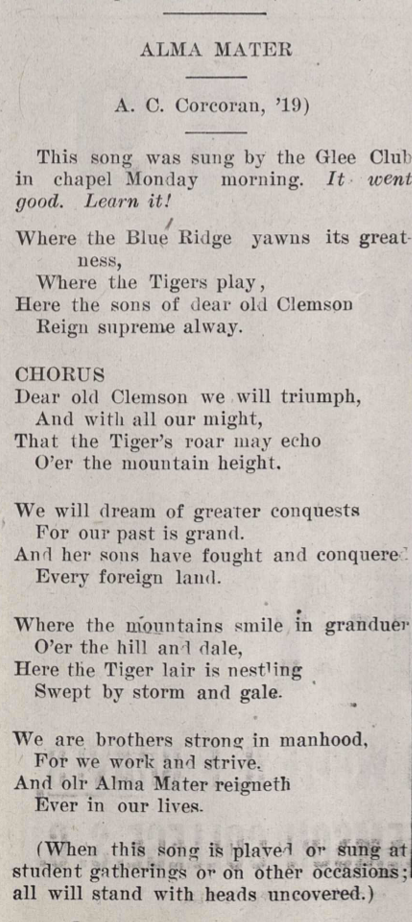Humans evolved to be biologically successful in a certain environment: an environment of evolutionary adaptedness (EEA). In this EEA, there weren’t terms that people didn’t understand. Everyone knew what “meat”, “fruit” and
“water” meant.
In the EEA, I might discover a fruit tree that no one else in the tribe knew about. However, everyone would know what a fruit tree was. If I said “there’s a fruit tree over there” and someone replied, “What’s a fruit tree?” it would be safe to assume that they were just being a jackass.
Now, 12,000 years later, the possible degree of ignorance has exploded. If you’ve ever accidentally entered the wrong classroom where an advanced course in a field you haven’t studied is being taught, you will have experienced this firsthand.
This creates an exceptionally large problem when you try to enter the political sphere. This is because political groups have assumptions and values that “everyone knows” but that you don’t.
For example, it’s self-evident that straight, white men are privileged. Within the political sphere, this is treated as obvious to anyone who has any self-awareness and anyone who challenges this or demands evidence is obviously being a jackass.
To make things worse, those same people act like it’s obvious that terrorism represents an existential threat to society and act indignant and upset when challenged on this point.
I believe this explains why much of the political discourse in America and across the world has become so poor in quality.
The internet has allowed us to become enmeshed in the groups which share our private languages and implicit assumptions to the extent that we entirely forget that there are people who don’t share them.
Encountering someone who doesn’t share these ideas will trip the circuits in our brains labeled “you’re dealing with a jackass” rather than those labeled “a reasonable person is disagreeing with you.”
It also explains why we see things like the aisle-crossing friendship between the late Supreme Court Justice Antonin Scalia and Justice Ruth Bader Ginsberg. Because they worked so closely with each other and possessed the metaphorical Rosetta Stone of legal terminology they were able to communicate effectively because of their relatively smaller inferential distances.
If you want to effectively communicate across the political spectrum, you need to remember that you’re operating many degrees of inference away from each other. The first step towards communicating effectively is to bridge that gap.
But, as Eliezer Yudkowsky said in his essay “Expecting Short Inferential Distances,” “you’d better not drop any hints that you think you’re working a dozen inferential steps away from what the audience knows, or that you think you have special background knowledge not available to them. The audience doesn’t know anything about an evolutionary-psychological argument for a cognitive bias to underestimate inferential distances leading to traffic jams in communication. They’ll just think you’re condescending.”
“And if you think you can explain the concept of ‘systematically underestimated inferential distances’ briefly, in just a few words, I’ve got some sad news for you…”






